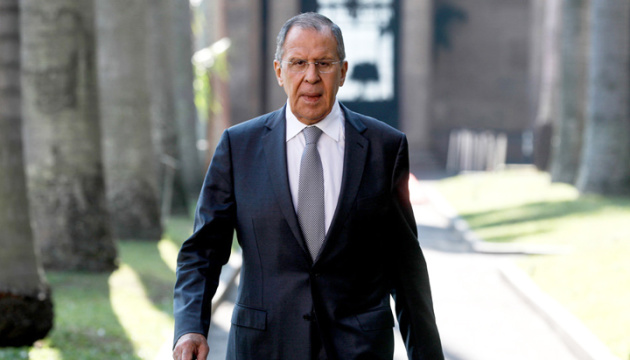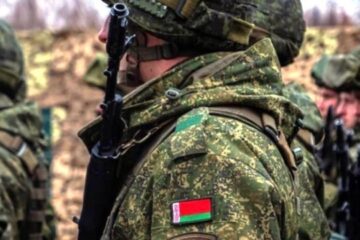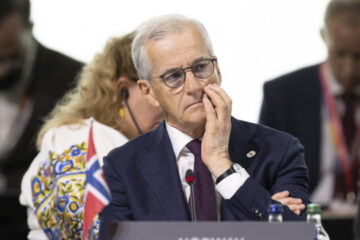
Russian Foreign Minister Sergey Lavrov used an interview with a U.S. media outlet to reiterate the Kremlin’s clear rejection of U.S.-proposed peace initiatives regarding Ukraine.
According to Ukrinform, this is stated in a report by the Institute for the Study of War (ISW).
In particular, ISW analyzed Lavrov’s recent interview with the U.S. television channel NBC and noted that the Russian Minister once again voiced the Kremlin’s usual narratives about the “root causes” of the war – NATO’s eastward expansion and the “discrimination” of Russian speakers in Ukraine. Analysts emphasize that this indicates the unchanged nature of Russia’s war objectives.
“Lavrov’s continued insistence that any end to the war must address Russia’s ‘root causes,’ including multiple times following the August 15 Alaska summit, continues to indicate that Russia’s war aims have not changed,” the report states.
Furthermore, Lavrov attempted to portray Ukrainian President Volodymyr Zelensky as an alleged obstacle to achieving peace to divert attention from the Kremlin’s unwillingness to compromise or engage in talks initiated by U.S. President Donald Trump. He also hinted that a meeting between Zelensky and Putin would be futile, suggesting that Putin is unwilling to meet Zelensky without Ukraine’s agreement to Moscow’s initial demands, which effectively amount to military, political, and cultural capitulation. ISW also highlights Lavrov’s false claims regarding Zelensky’s “illegitimacy,” which the Kremlin uses to distort Ukraine’s Constitution and legislation to discredit the current government.
Analysts believe that Lavrov is trying to impose narratives favorable to Moscow on the U.S. audience to justify Russia’s unwillingness to participate in the peace process, while concealing its violations of the Budapest Memorandum in 2014 and 2022. According to ISW, this is an attempt to lay the groundwork for a future “security guarantees agreement,” where Russia would act as one of the guarantors.
ISW emphasizes that granting Russia veto power over Western security guarantees would allow the Kremlin to weaken Ukraine’s ability to counter another Russian invasion, hindering it from securing defense agreements, expanding and modernizing its armed forces, and receiving support from Ukraine’s partners.
As reported by Ukrinform, on August 20, Lavrov stated that Moscow “supports” providing security guarantees to Ukraine, with the guarantor states potentially including the permanent members of the UN Security Council, particularly Russia and China.
President Volodymyr Zelensky stated that Ukraine does not need security guarantees from Russia.



